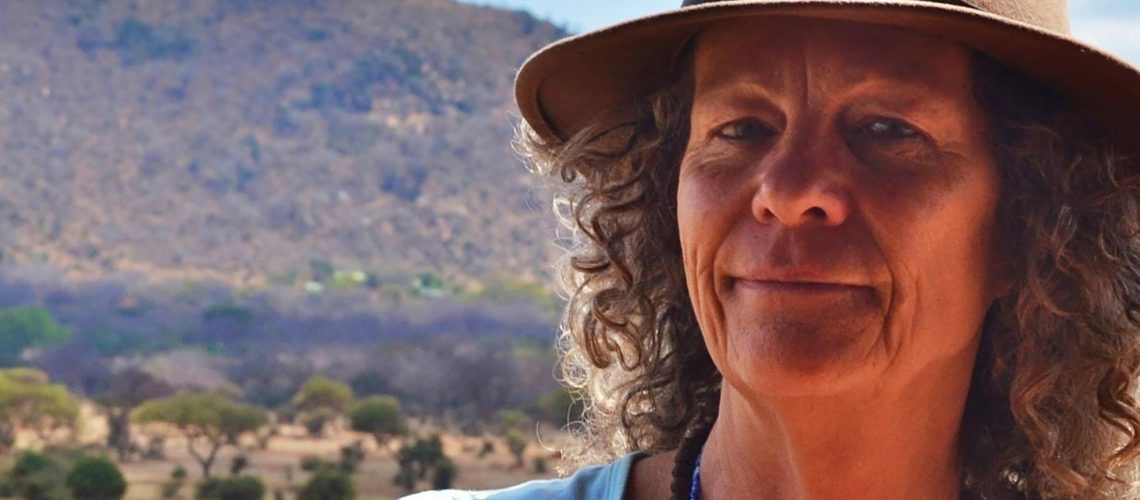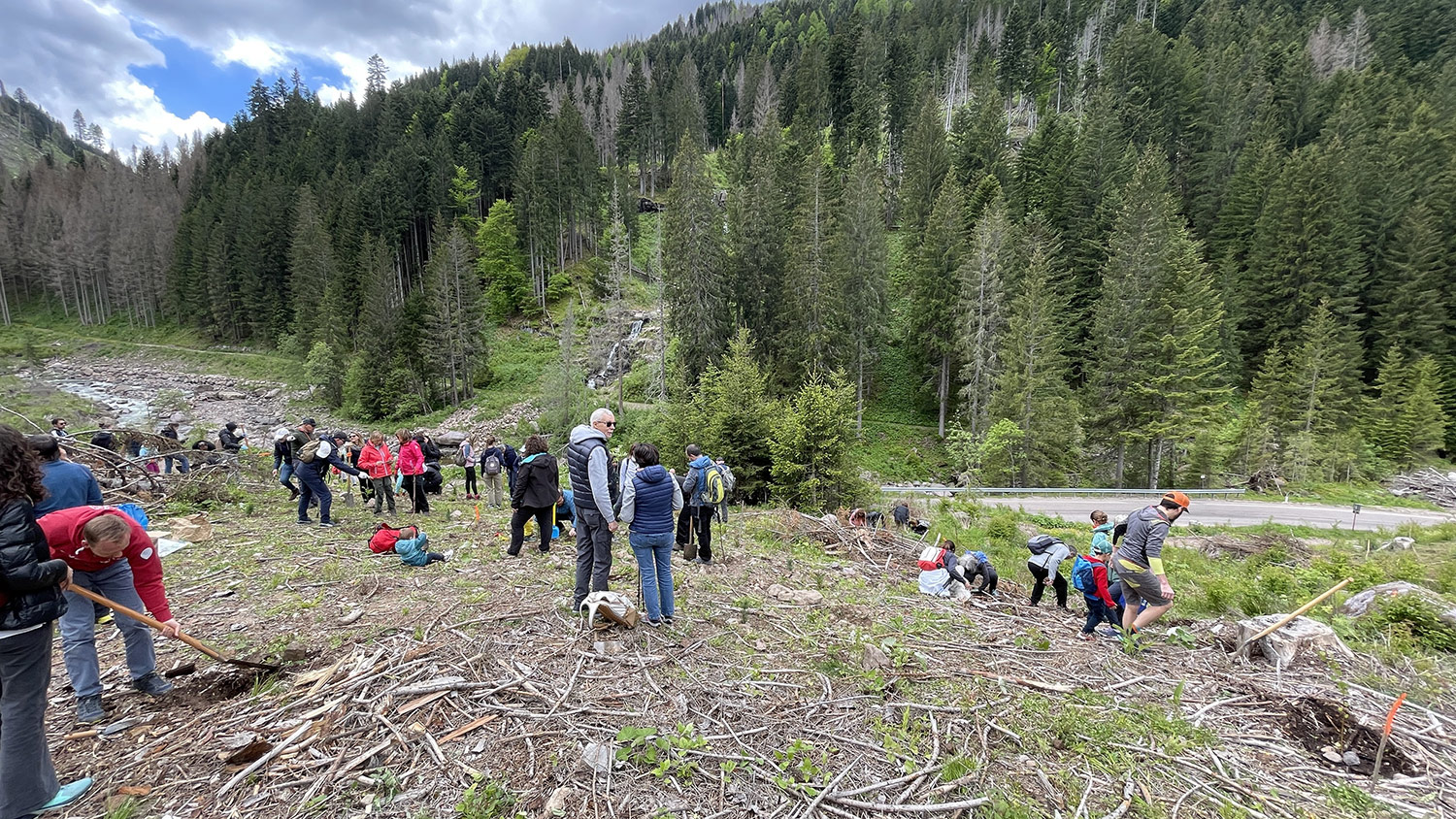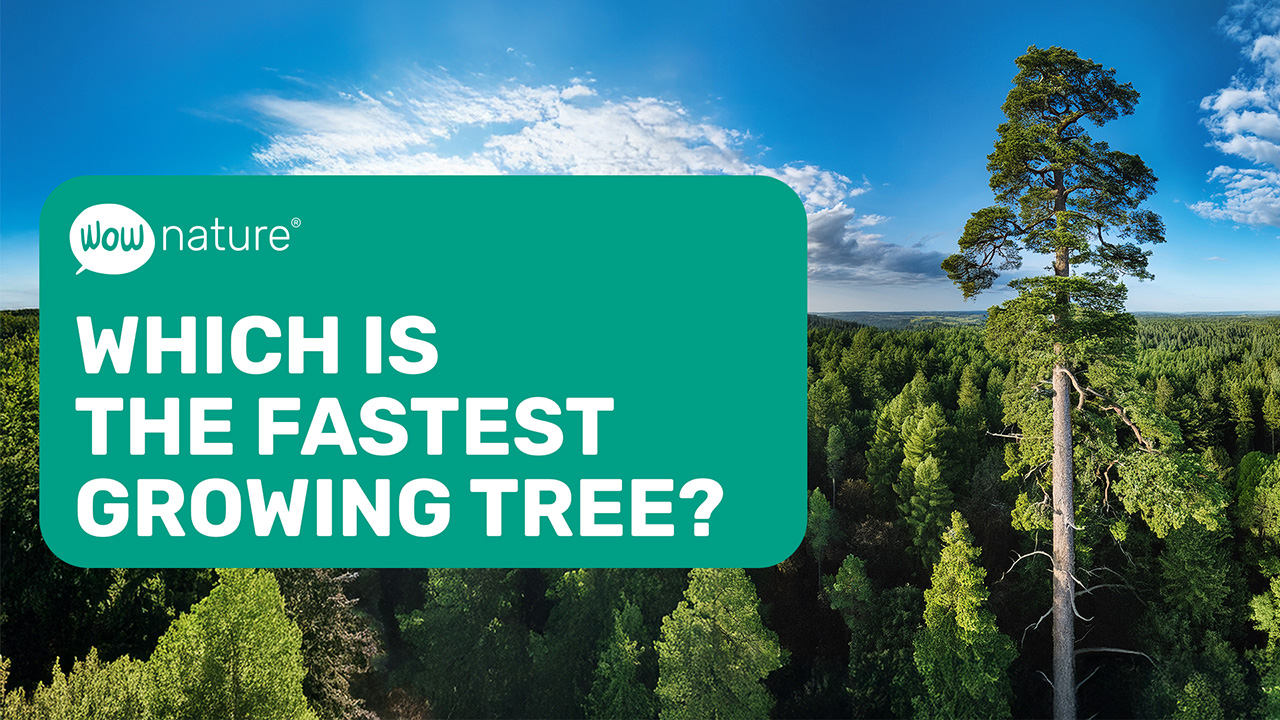
An Olympic forest for Tokyo 2020
The IOC (International Olympic Committee) has declared that 355,000 trees will be planted in the states of Mali and Senegal as a solution to offset the CO2 emissions generated by the Tokyo 2020 Olympics, which will begin next July 23 and end on Sunday, August 8. The trees will go to create a sort of “Olympic forest” and will be part of the Great Green Wall, a massive project we’ve talked about extensively in thisWOW story. “The Olympic forest will help us become climate positive,” said Thomas Bach, president of the IOC.”
The trees that will be planted in the Olympic forest of Mali and Senegal are all native species. This is not a trivial or obvious choice because, very often, alien species are planted such as pines or eucalyptus, or fast-growing species that always make a big impact in the media but are increasingly harmful to ecosystems. This impressive work of reforestation will allow the planting of trees on an area of about 2120 hectares in 90 villages: in January 2020 the Olympic Committee committed to become Climate Positive by 2030, which means that in the next decade will remove more CO2 from the atmosphere than they emit.






